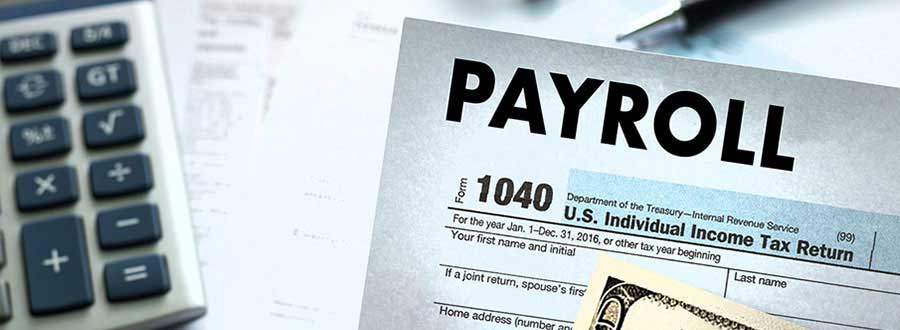One of the first roll outs of relief was the Families First Coronavirus Responses Act (“FFCRA”) which included advance funding of the payroll credit required for paid sick leave. This allowed for an employer to claim refundable tax credits for emergency paid sick leave and emergency paid family leave required for employees due to the COVID-19 crisis. The CARES Act picked up where the FFCRA left off and provides for an expansion of provisions including the following:

Subject to limitations laid out in the FFCRA and calculated through the most recent payroll period in the quarter – the CARES Act provides for an advance of those payroll tax credits.
The CARES Act mandates the Secretary of the Treasury to create forms and instructions in accordance with these advancement credits.
The CARES Act also mandates the Secretary of the Treasury cancel penalties for failure to deposit payroll taxes (only if failure can be attributed to anticipated FFCRA credit).
Payroll Tax Deferral
The CARES Act grants employers and self-employed individuals the opportunity to hold off on payment of the 6.2% social security tax beginning when the CARES Act was enacted and ending at the end of 2020. However – these taxes would then become due across the next two years; 50% in 2021 and 50% in 2022.

Employee Retention Credit
There is a new refundable payroll tax credit for up to 50% of covered wages paid during the COVID-19 health crisis.
Employers as well as tax exempt organizations that carried on trade or business during 2020 and had operations fully or partially suspended due to a COVID-19 related shutdown order OR had gross receipts decline by more than half compared to the same quarter in 2019 are eligible for the tax credit.
The Employee Retention credit is based on covered wages that were paid beginning on March 13, 2020 through the end of the calendar year.
If employers have more than 100 full -time employees, coverage wages are defined as wages paid to employees when they are not providing services due to COVID-19 circumstances outlined above (business suspension or gross receipt decline).
If employers have less than 100 full time employees, all wages are covered regardless of whether they remain open for business or have been directed to close.
The maximum credit per employee is $5,000.
If an employer has already received emergency small business loans, they are no longer eligible for this tax credit.
The wages accounted for under the Employee Retention Credit cannot also be accounted for credits allowed under the previously discussed FFCRA regarding paid leave (Internal Revenue Code Section 45S, or work opportunity credit under Internal Revenue Code Section 51).

